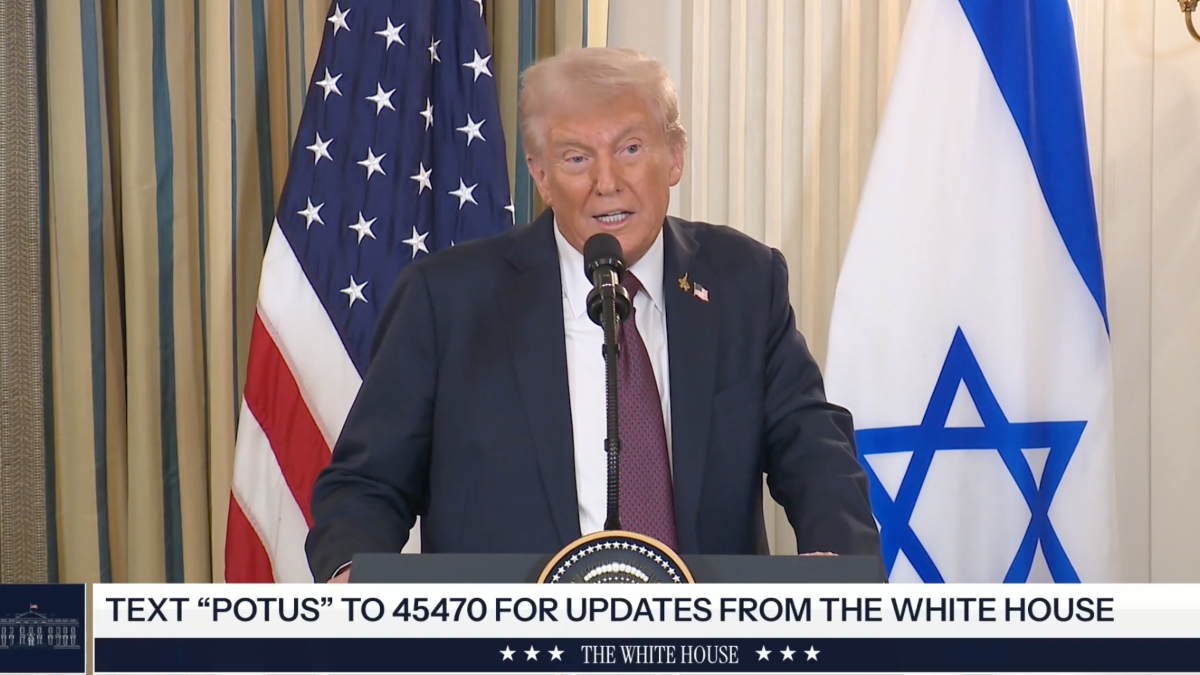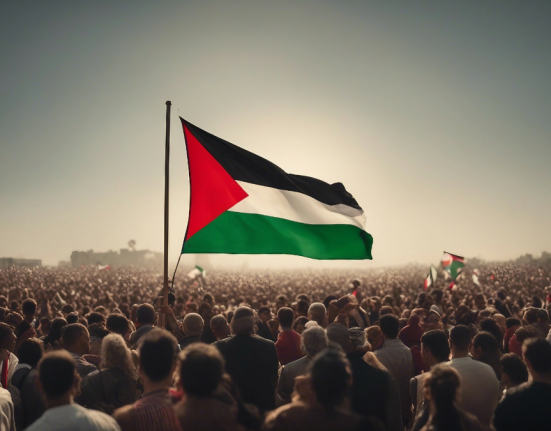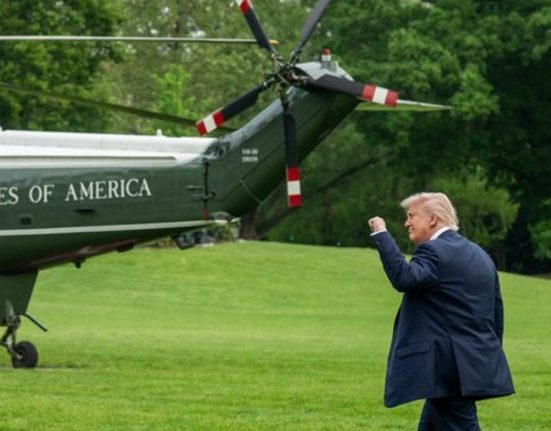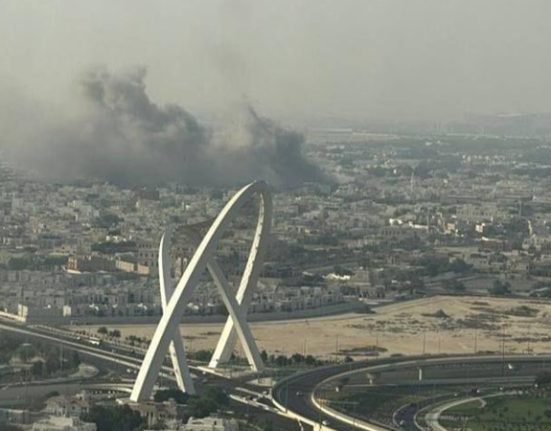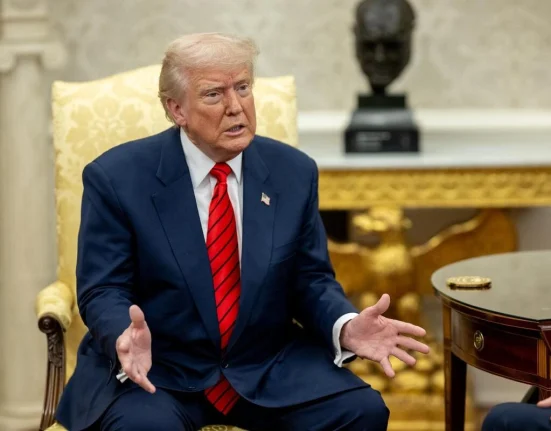Historic joint backing
In a striking show of unity, the foreign ministers of Qatar, Jordan, the UAE, Indonesia, Pakistan, Turkey, Saudi Arabia, and Egypt issued a joint statement on 29 September 2025 welcoming US President Donald Trump’s proposal to end the Gaza war. The statement, released in Doha, endorsed Trump’s “sincere efforts” and underlined the readiness of regional powers to cooperate in achieving a comprehensive peace.
The ministers emphasised that Gaza’s future lies in rebuilding, reconciliation, and preventing further displacement of its people. They praised Washington’s leadership while stressing the need for international law, humanitarian relief, and a pathway to a two-state solution.
A 20-point plan for peace
At the heart of Trump’s initiative is a sweeping 20-point plan, unprecedented in its scope and detail. The framework, which has gained tentative approval from multiple Arab capitals, is designed to halt the fighting immediately and lay the groundwork for Gaza’s long-term transformation.
Central to the proposal is the creation of a terror-free, demilitarised Gaza, secured under international monitoring. Military operations would be frozen as hostages are released and Israeli forces begin staged withdrawals. A massive humanitarian and reconstruction programme would follow, with hospitals, bakeries, electricity, water, and sewage systems prioritised.
The board of peace
One of the boldest elements of the plan is the establishment of a transitional technocratic government for Gaza, overseen by an international body named the “Board of Peace.” Trump himself would chair the board, alongside international figures including former UK Prime Minister Tony Blair. Its mandate: to stabilise governance, oversee redevelopment, and attract international investment until the reformed Palestinian Authority is ready to reassume control.
The board would work to implement a Trump-led economic development blueprint, including a special economic zone with preferential trade access. The aim is to replicate the rapid modernisation seen in Gulf states, turning Gaza into a hub of opportunity rather than conflict.
Security guarantees and regional buy-in
Security underpins every aspect of the proposal. A new International Stabilisation Force (ISF), backed by the United States, would train Palestinian police, secure borders with Israel and Egypt, and ensure that weapons and munitions do not flow back into the territory. Israel would progressively withdraw in tandem with milestones in demilitarisation.
Critically, regional partners – including Jordan, Egypt, Qatar, and Saudi Arabia – would provide guarantees that Gaza would not again become a threat. In return, Israel has pledged not to annex or occupy Gaza, while the Palestinians would be offered amnesty programmes, safe passage, and the prospect of eventual statehood.
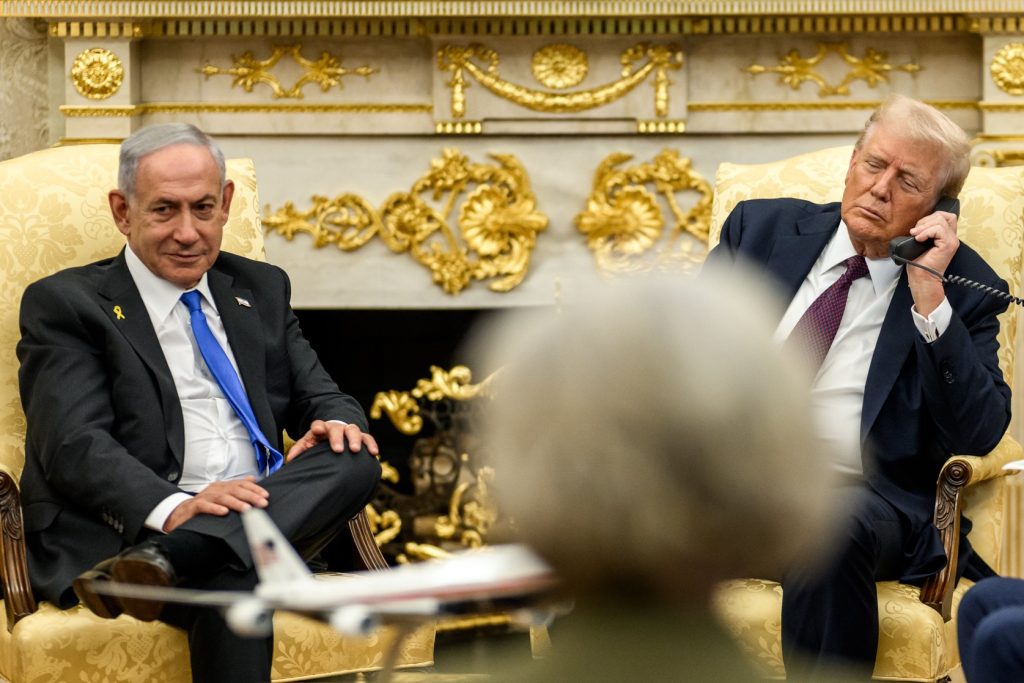
A gamble on reconciliation
The plan envisions deep social change alongside political and economic reform. It calls for an interfaith dialogue programme aimed at breaking down entrenched hostilities, and lays out a roadmap for Palestinian self-determination once reforms are in place. Hamas, under the terms, would be excluded from governance and required to fully disarm, with reintegration programmes offered to its members.
The success of the blueprint rests on whether both sides and their regional backers – can overcome decades of mistrust. While scepticism runs deep, the unprecedented alignment of Arab foreign ministers behind Trump’s proposal signals that momentum may be building.
A new chapter or false dawn?
The Gaza Strip has long symbolised the intractability of the Israeli – Palestinian conflict. Trump’s plan, by marrying immediate ceasefire measures with long-term governance and economic frameworks, represents the most detailed international roadmap in years.
Challenges remain – Hamas must commit to disarmament, regional guarantors must hold together, and implementation will test all sides.
Yet Israel’s acceptance of the agreement, combined with the coordinated endorsement by eight Arab foreign ministers, signals that a rare window has decisively opened.
If carried through, the plan could transform Gaza from a battleground into a laboratory for peacebuilding and reconstruction, setting the stage for a credible pathway to Palestinian self-determination.
For the first time in decades, a just peace may no longer be a distant vision but a genuine possibility.
All eyes are now on Hamas.

